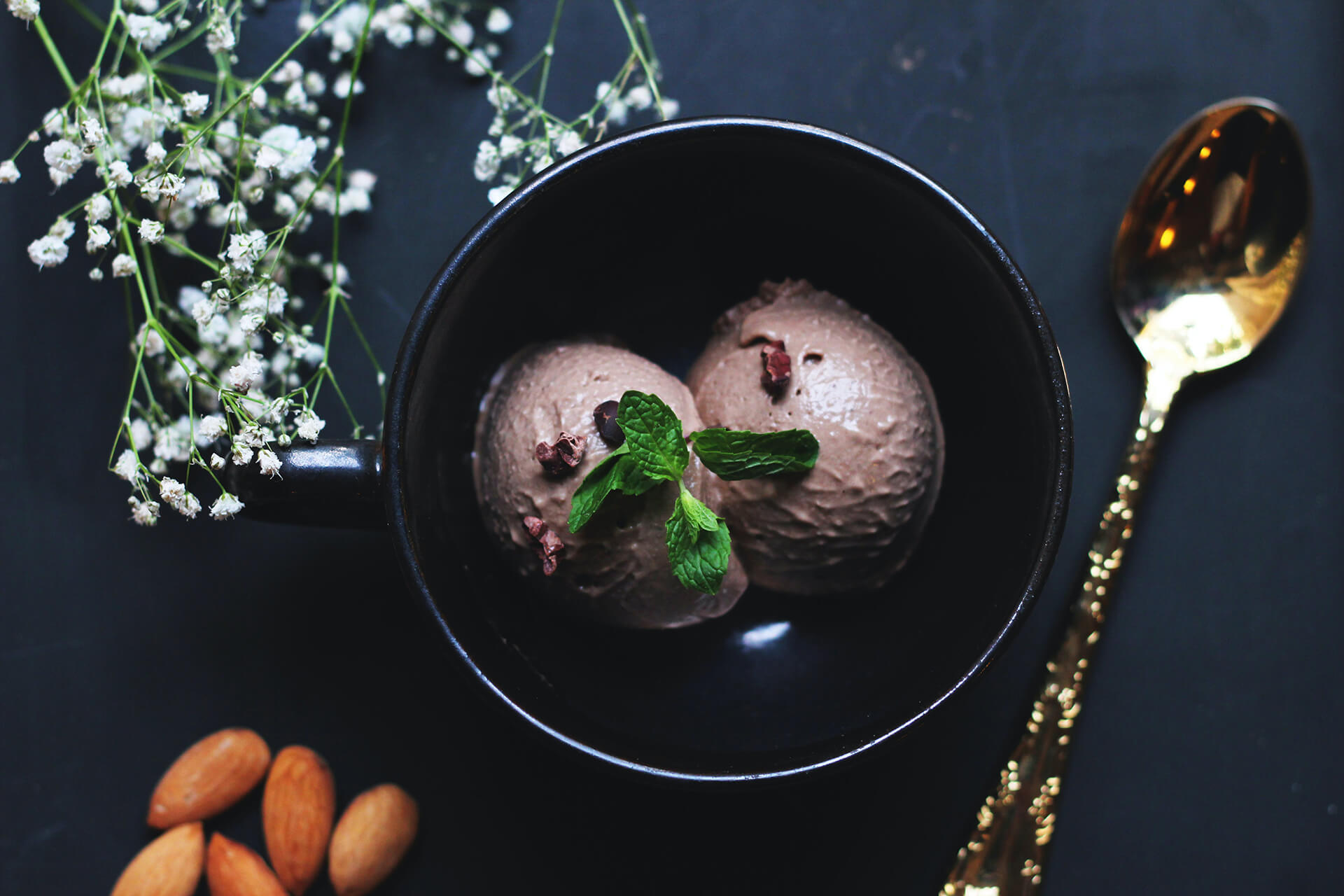Work out 2-3 times per week. Drink your body weight in ounces of water. Read every day. Wake up early. Get plenty of sunlight. Meditate. Do yoga. Make time for hobbies. But also make time to engage in professional development. Moisturize your face. Get plenty of sleep. But don’t sleep too much. Drink more water.
Exhausted yet? I’m overwhelmed just reading that list! And these are just PERSONAL self care recommendations. We haven’t even talked about all the other people in our lives who rely on us for their own care and well being. (Tiny humans, I’m looking at you!)
There are so many different types of self care, and it seems like we’ll never have time to prioritize them all. But now that we’ve gotten the overwhelm out of the way, I’m here to tell you that it IS possible to practice different types of self care without it consuming your entire life. I’ll help you understand why self care is important, what you can do beyond the typical activities for your physical health and mental health, and how to use practical tips and strategies to promote health and wellness in your life.
“All big things come from small beginnings. The seed of every habit is a single, tiny decision. But as that decision is repeated, a habit sprouts and grows stronger.” – James Clear, Atomic Habits
What Self Care IS and What it ISN’T
First, let’s debunk a common myth: self care is not selfish. It’s necessary. But self care also isn’t just bubble baths and spa days. (Sometimes it is, because who DOESN’T love a good bubble bath, honestly?) But a proper self care plan goes much deeper than that.
Self care comes in many forms, and it’s about engaging in activities and building a lifestyle that promotes health and leads to a balanced life. It’s about making conscious choices to take care of your mental, emotional, physical, and spiritual health.
As you’ve probably already figured out, self care practices go beyond the typical mental health days or beach vacations that likely come to mind when you hear the term. Let’s look at the different types of self care and how you can incorporate a practical self care routine into your life with balance.
7 Types of Self Care
Physical Self Care
You already know how important it is to take care of your physical body. After all, we only get one, and we want it to last a very long time. Keeping a healthy diet, exercising regularly, and getting enough sleep are physical self care practices that help us maintain health, prevent disease, and live a longer life.
As a passionate advocate for challenging our physical boundaries, I’m all about regular exercise and engaging in physical activities on a daily basis. But I also understand that not everyone shares the same passion for outdoor spots as I do.
So how do you maintain your physical health and engage in physical self care if your idea of a good time doesn’t involve scaling mountains? Start by incorporating small habits that build up over time to make a big difference.
If you know you aren’t getting enough sleep at night, start by putting your phone away 15 minutes earlier than normal. That extra 15 minutes of sleep will eventually become part of your routine, and then you can add another 15 minutes. Eventually, you’ll find it natural to go to bed at a reasonable time without even thinking about it.
Other easy ways to practice self care include:
- drink plenty of water (there’s a reason I mentioned it twice earlier)
- go for a short walk on your lunch break to get your body moving
- fill the refrigerator with some of your favorite healthy snacks
- limit alcohol consumption
- get a physical checkup with your healthcare provider at least annually
These are things that can be done in just a few minutes each day. Start with one goal and focus on it until it becomes second nature and you no longer have to think about it. Then move onto the next thing when you’re ready.
Emotional Self Care
Emotional self care is about understanding and respecting your feelings. It involves recognizing your feelings, allowing yourself to sit with them, and then processing them in a healthy way. Emotional self care means surrounding yourself with healthy relationships and engaging with people, things, and activities that bring you joy.
On the flip side, it also means removing toxic or negative people, things, and activities that don’t serve you. Sometimes, setting boundaries in relationships with loved ones or even colleagues can improve your emotional health and well being tremendously.
Emotional self care activities can be as simple as doing things that bring joy and relaxation, like reading a book or knitting. Whether it’s a hobby, spending time with loved ones, or just taking a moment for yourself, nurturing your emotional health is key for a balanced life.
Here are some other ideas for emotional self care activities you can incorporate into your daily routine:
- practice meditation (if the idea of meditation overwhelms you, start with a short mindfulness exercise, like sitting quietly for one or two minutes and just noticing the sensations within your body and around you)
- ask your family members for help in managing household tasks like dishes, laundry, or caring for pets
- practice saying “no” to things that don’t serve you
- journal for a few minutes each day
- do a “social media detox” and/or limit your news consumption
- join my Recover & Recharge challenge
Psychological Self Care/Mental Self Care
 Psychological self care relates to emotional self care in that it focuses on maintaining a healthy mind. I encourage you to engage in activities that stimulate and soothe your mind. Hobbies, whether creative, intellectual, or physical, can also serve as psychological self care activities. They give your brain a break from the daily grind and can be a source of immense satisfaction and learning. This aspect of self care is about keeping your mind sharp and your outlook positive.
Psychological self care relates to emotional self care in that it focuses on maintaining a healthy mind. I encourage you to engage in activities that stimulate and soothe your mind. Hobbies, whether creative, intellectual, or physical, can also serve as psychological self care activities. They give your brain a break from the daily grind and can be a source of immense satisfaction and learning. This aspect of self care is about keeping your mind sharp and your outlook positive.
Psychological self care also encompasses stress management. Not all stress is bad, but when you can no longer manage stress without feeling overwhelmed in your daily life, it’s time to incorporate some coping strategies to help you reduce stress and find some balance.
If you find that you have a more significant need in this area, consider a few of the following mental self care practices:
- see a therapist or licensed psychologist, even if it’s just once every few months to check in on your feelings
- adopt a diet that promotes mind-body wellness
- engage in some grounding exercises, such as walking barefoot outside or sitting or lying in the grass to calm your immune system and promote overall wellness
- make time to talk with a friend, even if it’s just a quick meet up at a coffee shop once a month
- make time for pockets of joy and gratitude in your day
- reduce alcohol consumption (it leads to increased anxiety)
- reduce clutter in your living space
- embrace your inner child and engage in a favorite pastime activity like coloring or painting
Spiritual Self Care
Spiritual self care isn’t necessarily tied to religion; although it can be if you value that particular type of spiritual connection. But spiritual self care is also about connecting with your inner self and finding a greater sense of purpose. Meditation is a powerful practice in this area, offering a chance to quiet the mind and connect with something greater. This aspect of self care is about seeking deeper meaning and connection in our lives, whatever form that may take.
Here are some other spiritual self care activities you might find helpful:
- prioritize spending time in nature
- pray or attend a worship service
- volunteer with an organization you feel passionately about
- engage in positive self-talk and make time for self reflection
- spend some time with an elderly loved one
- listen to inspirational music
- create a piece of art
Social Self Care
 Social self care is a critical but often overlooked aspect of overall well-being. It revolves around nurturing and maintaining healthy, supportive relationships in our lives. As humans, we are inherently social beings, and our social well-being directly impacts our mental and emotional health.
Social self care is a critical but often overlooked aspect of overall well-being. It revolves around nurturing and maintaining healthy, supportive relationships in our lives. As humans, we are inherently social beings, and our social well-being directly impacts our mental and emotional health.
This type of self care involves actively cultivating connections with others. It means spending quality time with friends and family, engaging in meaningful conversations, and building a community that uplifts and supports you. Social self care isn’t just about being around people; it’s about being around the right people – those who respect, understand, and encourage you.
Here are some social self care habits you can start incorporating into your relationships:
- be open and honest about your needs and boundaries with others, this will promote a healthy relationship with your loved ones
- schedule a date night at least once a month to connect with your significant other
- call a loved one you haven’t spoken with in awhile
- join a local social group
- host a game night with friends you love spending time with
- incorporate family dinners into your schedule
Professional Self Care
In our careers, especially in demanding roles, professional self care is important for ensuring we continue to feel satisfied and fulfilled by our work. By investing in our skills and knowledge, we not only enhance our careers but also boost our self-esteem and job satisfaction. This can take on many forms, from setting boundaries to prevent burnout to taking regular breaks throughout the day. It can also include things like pushing yourself intellectually, going after that promotion you’ve always wanted, or taking the initiative to learn a new skill.
Are you feeling the pull for more professional self care activities? Try some of these:
- invest in a standing desk or walking pad so you aren’t sitting all day
- bring a plant into the office—they purify the air and can improve your mood
- don’t put off difficult conversations, tackle them head-on; you’ll feel better once you do
- take your vacation time!
- take an online class to sharpen your skills or learn something new
Financial Self Care
Financial self care might not sound like fun, but it’s a crucial component of mental self care. When you have a strong hold on your finances you’re more likely to reduce stress, improve your relationship with your significant other, see your work from a new perspective, and improve your everyday life. Managing money wisely is a form of self care because financial stress can significantly impact our overall well-being. It’s about making informed decisions that support your long-term financial health and peace of mind.
If you need to get your finances in order, start with some of these common examples of financial self care activities:
- create a budget (it doesn’t have to be complex, even a simple spreadsheet is a good start)
- meet with a financial advisor to discuss your long-term financial goals
- build an emergency fund
- start paying off your credit cards in full each month
- reflect on your relationship with money (I personally love the book You Are a Badass at Making Money by Jen Sincero to help with this mindset)
Finding Balance
Finding the right balance in self care is essential for a healthy, happy life. A balanced approach to self care means incorporating a mix of physical self care, mental self care, and emotional well being practices.
Creating a self care plan that includes a variety of activities across these domains can help in maintaining this balance. Remember, physical and emotional health and wellness are holistic; they encompass every aspect of our being. By practicing self care regularly, you develop healthy habits that contribute to a more balanced and fulfilling life.
Tailoring Self Care To Your Needs
Self care is deeply personal, and what works for one person may not work for another. It’s important to listen to your body and mind, and tailor your self care routine to your unique needs. This means experimenting with different self care activities and noticing how they impact your physical and mental well-being.
If you find peace and rejuvenation in nature, make time to go for walks or hikes. If physical activity energizes you, incorporate regular exercise into your routine. For those who find solace in quiet, mindfulness practices like meditation or yoga can be incredibly beneficial.
Practicing self care is about understanding and responding to your needs. It’s about finding what nourishes and rejuvenates you, and making these activities a regular part of your life. This personalized approach ensures that your self care routine supports your overall health and well-being.
You Have to Take Care of Yourself In Order to Take Care of Others
In the hustle of daily life, especially for those of us juggling multiple roles, it’s easy to forget that self care is not a luxury, but a necessity. You can’t pour from an empty cup; taking care of yourself is the first step in being able to take care of others.
Incorporating different types of self care into your routine ensures that you’re at your best. This doesn’t just benefit you; it also positively impacts those around you. When you’re physically healthy, mentally alert, and emotionally balanced, you’re better equipped to handle the demands of daily life and support others.
Remember, practicing self care is not selfish; it’s essential. By taking the time to look after your own health and wellness, you ensure that you have the energy and resources to care for others. It’s a fundamental part of leading a balanced and happy life.





Related Posts
7 Reasons Why Professional Development Is Important
How to Create The Ultimate Self-Care Plan
7 Secrets to Becoming a Better Employee